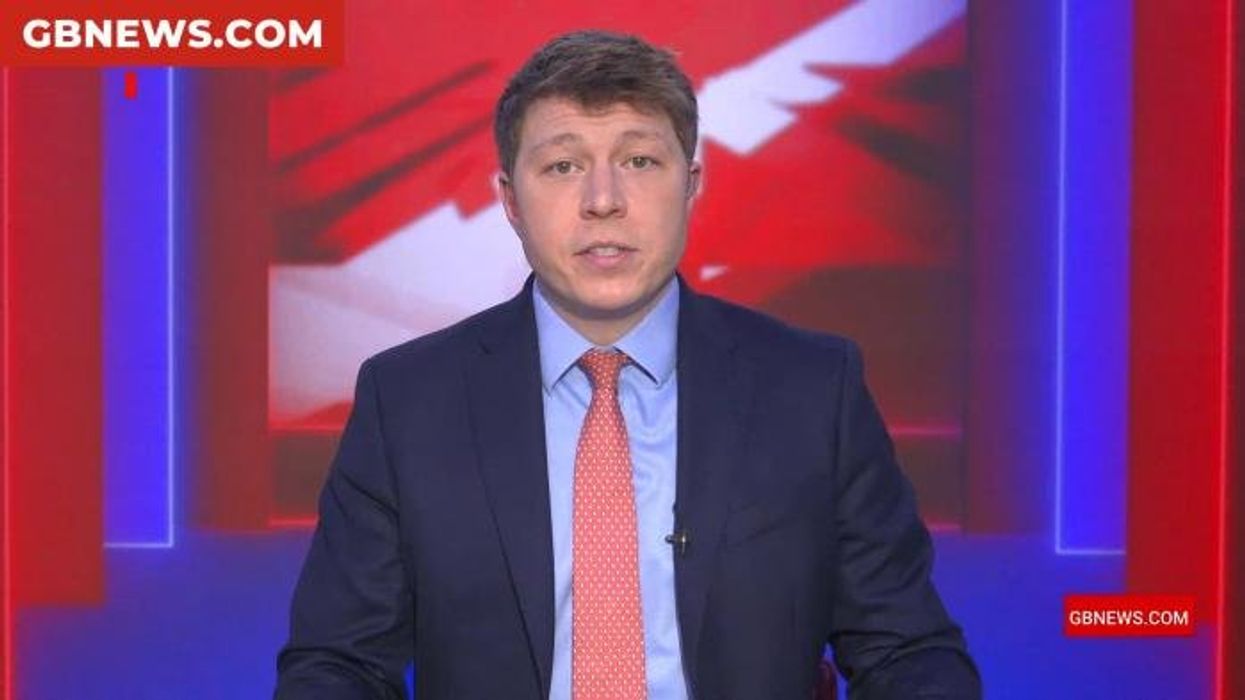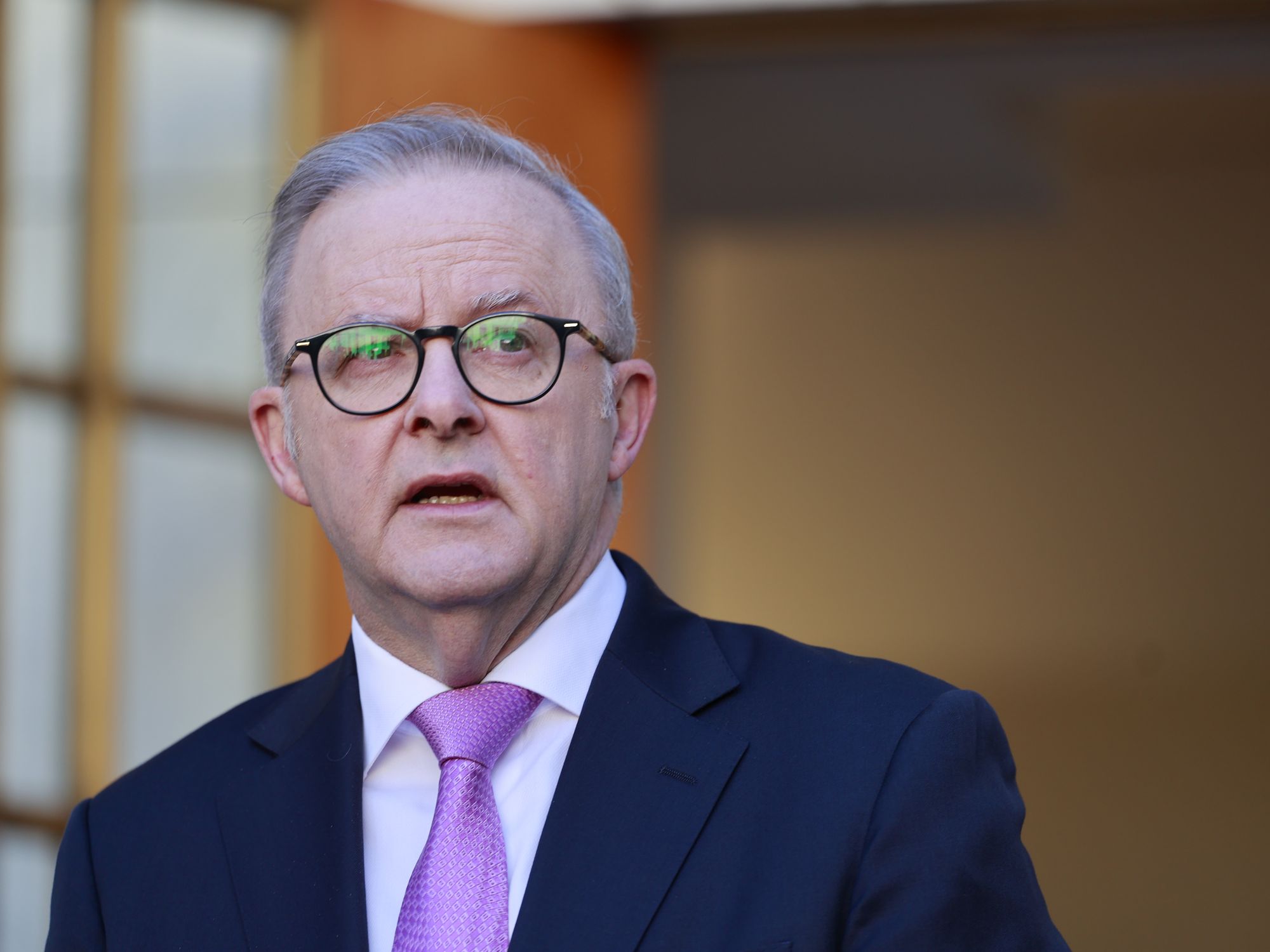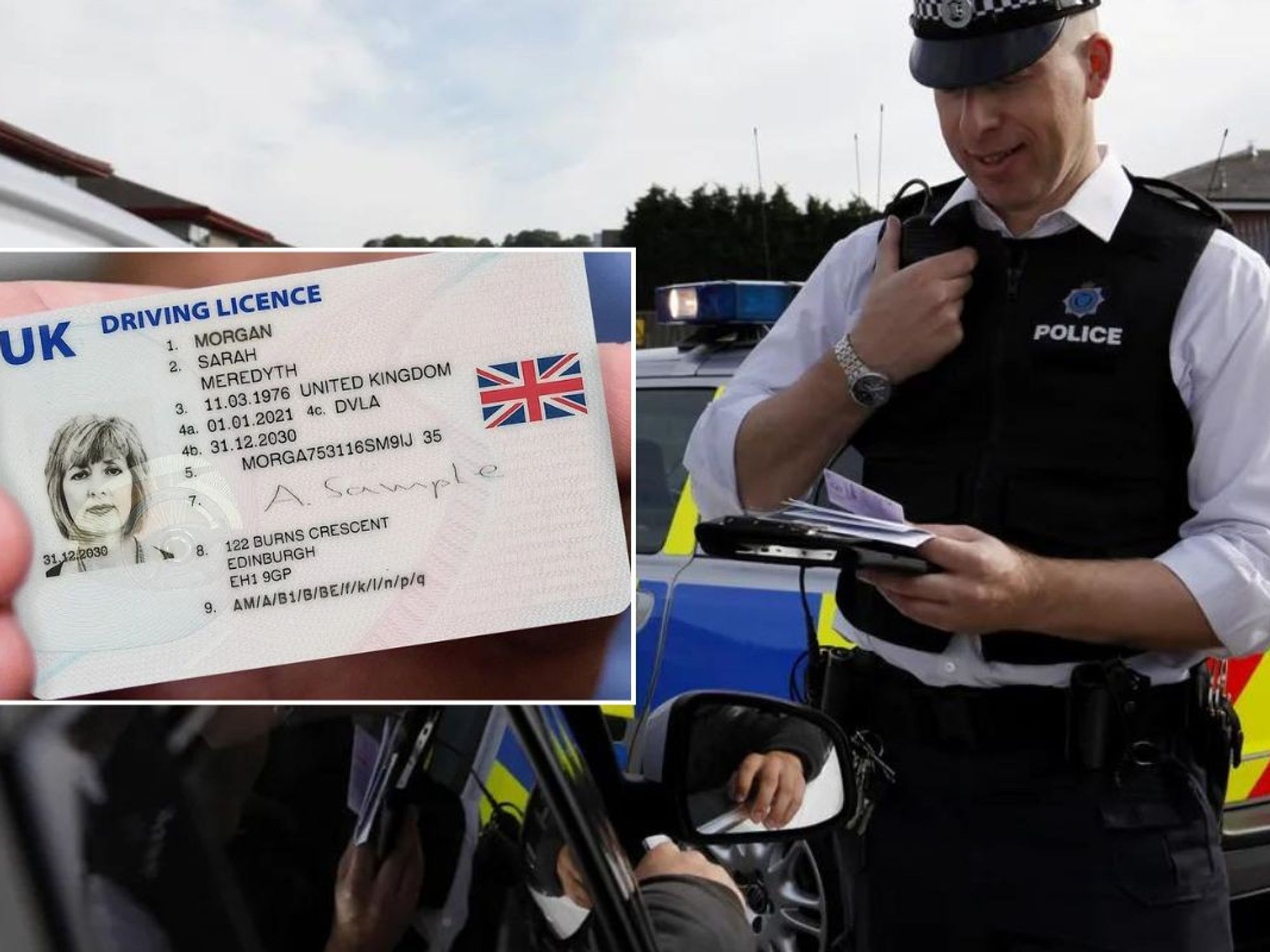Keir Starmer's National Security Adviser 'contacted Moscow in bid to build bridges with Vladimir Putin'
Britain is worried the United States could overshadow its expression of interest over Ukraine
Don't Miss
Most Read
Trending on GB News
Britain's National Security Adviser Jonathan Powell made efforts to contact Russia's foreign policy aide Yuri Ushakov in order for Sir Keir Starmer to build bridges with Vladimir Putin, according to reports.
The UK and its European allies are afraid the United States could overshadow their expression of interest over Ukraine.
Downing Street confirmed it was normal to “regularly engage with the Russian government, including through our embassy in Moscow".
However, contact between Mr Powell and Mr Ushakov has not taken place for months, even after President Donald Trump met with the his Russian counterpart in August.
TRENDING
Stories
Videos
Your Say
Mr Powell wanted to communicate Britain and the European Union's clear stand against Russia, the Financial Times reports.
The call was the outcome of Mr Trump's continued interest and support for Ukraine, despite tension with European nations.
However, the conversation between the UK and Russia is reported not to have “gone well”, officials briefed on the matter claim.
Kremlin spokesman Dmitry Peskov said: “The dialogue did not continue.
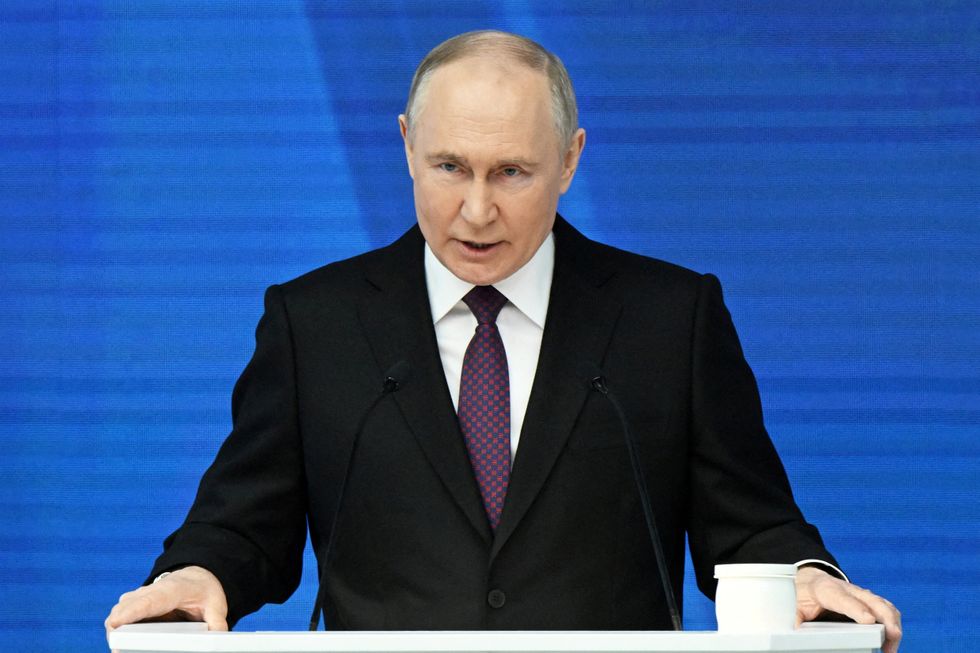
Vladimir Putin's spokesman said 'the dialogue did not continue'
|REUTERS
"During this contact, the interlocutor showed a strong desire to present the Europeans’ position, while there was no intention or willingness to listen to ours.
"As mutual exchange of views proved impossible, the dialogue did not develop further.
“Mutual exchange of views proved impossible.”
According to a European official, there are concerns among some allies about Mr Powell’s outreach “before more pressure is applied” on Russia through sanctions and other measures.
LATEST DEVELOPMENTS
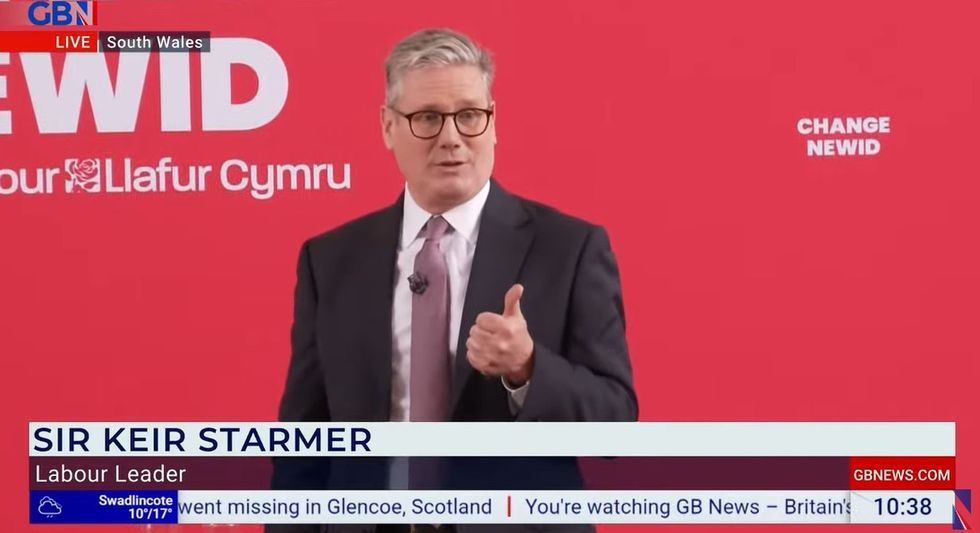
Downing Street confirmed it was normal to 'regularly engage with the Russian government'
| GB NEWSA second source stated that EU nations are worried that the Trump administration might interfere in Mr Powell’s attempt to make a separate communications channel surpassing US-led peace talk efforts.
This comes as the Kremlin continues to be more antagonistic toward the US and Europe following the full-scale invasion of Ukraine nearly four years ago.
Things began to shift after Mr Trump took office in January this year and pledged to put an end to the war in Ukraine — a conflict he said he could resolve within "24 hours".
Later, the US pushed Ukrainian premier Volodymyr Zelensky to concede to Mr Putin's territorial demands and ties between the White House and Kremin improved.
Mr Trump and Mr Putin's August summit in Alaska was the pinnacle of the change in their relationship.
However, the conference did not end well after Mr Trump unexpectedly called off the conference early and cancelled a scheduled lunch.
In recent weeks, Mr Trump’s frustration with his Russian counterpart has increased. Mr Putin has shown no interest in entering peace talks and has increased strikes against civilian targets in Ukraine.
The US imposed the toughest sanctions on Russia’s oil sector just two weeks ago, reaching the highest level since the start of the war.
Mr Trump also openly spoke about potentially resuming nuclear weapons testing for the first time in 30 years.
Moscow has repeatedly accused Europe of obstructing Ukraine peace talks, despite efforts to get Mr Putin to the negotiating table, while simultaneously attempting to undermine Europe by claiming it is subservient to the US.
“It was clear the EU didn’t have much sovereignty before,” the Russian leader said in televised remarks in August. “Now it’s clear it has none at all.”
Our Standards: The GB News Editorial Charter
More From GB News


